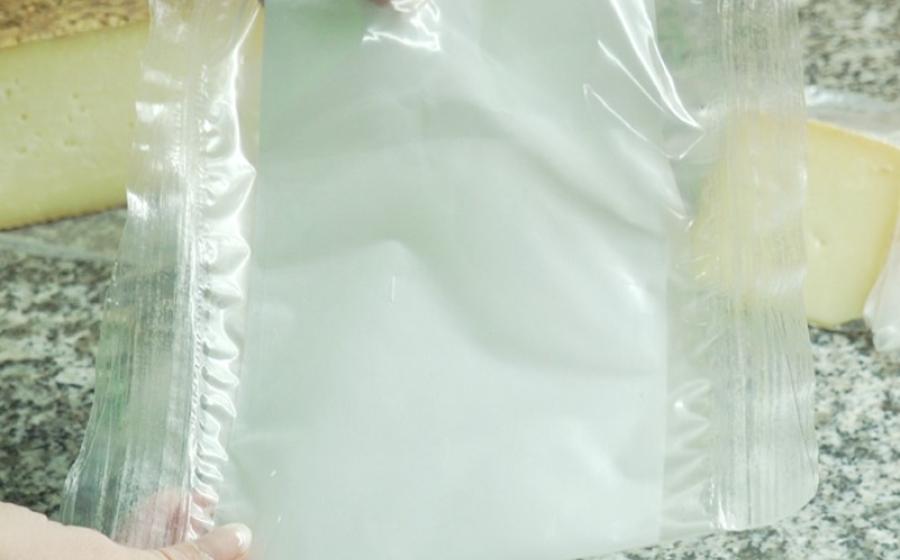
The research, named the Go Orleans project, was led by the Agri-Food Business Federation of the Valencian Community (FEDACOVA), Aimplas, the Plastics Technology Centre, the Universitat de València, ADM Biopolis, and cheesemakers Dehesa Dos Hermanas and La Cabezuela.
The team has also reintroduced wasted whey into the cheese industry as a probiotic ingredient for animal feed. Whey is a by-product that currently goes to waste in small and medium-sized cheese companies and can also cause environmental damage due to its high organic load.
This project reuses whey in packaging to improve cheese preservation, reduce food waste and provide probiotic additives for livestock feed that contribute to animal welfare.
The total funding for the project was €598,659 (US$650,290).
Aimplas’ active coating
First, Aimplas developed an active coating with antifungal properties based on whey that can extend the shelf life of cheese by 25% to 50%. This active coating is included in packaging using conventional printing technologies.
Second, the Universitat de València worked on selecting antifungal strains present in whey to obtain bioactive ingredients through fermentation. ADM Biopolis was in charge of determining the probiotic capacity of the active components extracted from whey and the suitability of adding them to animal feed.
Cheesemakers La Cabezuela in Madrid and Dehesa Dos Hermanas in Huelva supplied the whey, selected the cheeses and validated the new packaging.
The team asserts this method is one of the most effective solutions against food waste and promotes competitiveness and innovation in the dairy industry.
Less waste, fewer additives
Aimplas says that by developing natural active packaging with extended shelf lives, new business opportunities can open up with customers in remote regions.
“Thanks to the commitment to innovation and technology, new solutions are made available to small cheesemakers, which make up more than 90% of all cheesemakers in Spain,” says the research partnership.
Besides validating these developments at the collaborating cheesemakers, FEDACOVA also transferred the project results to the Valencian agri-food industry at a conference held on February 23 in Valencia, Spain. The Go Orleans Project responded to the needs of cheesemakers to recover waste, reduce food waste and bring new production and preservation processes to market to extend product shelf life.
The project also provides solutions to the need for more natural new products for the livestock industry with high added-value probiotic activity, asserts a project representative.
Financial aid for implementing operational group innovation projects of general interest of the Agricultural European Innovation Partnership on agricultural productivity and sustainability as part of the Spanish Rural Development Programme 2014-2020.
Eighty percent of financial aid behind the project came from the European Agricultural Fund for Rural Development and 20% from the Spanish Ministry of Agriculture, Fisheries and Food. The Directorate-General for Rural Development, Innovation and Agri-food Training is the managing authority responsible for implementing the aid.
Renewable rebellion
Innova Market Insights listed “Renewable rebellion” as a top trend for 2023, noting that F&B product launches that feature either a biodegradable or compostable claim have almost tripled since 2018, with categories such as tea, coffee and confectionery accounting for nearly half of these launches.
In January, Aimplas began converting used coffee grounds into plastic film. The group says the project is another step toward circularizing the European economy by turning biological waste into resources.
Last year, Aimplas started developing bioplastics from the biomass of trees and shrubs for active packaging in cosmetics and absorbent litter for the pet industry. The research is being conducted under the European BeonNAT Project – one of the EU’s Horizon 2020 research and innovation programs.



